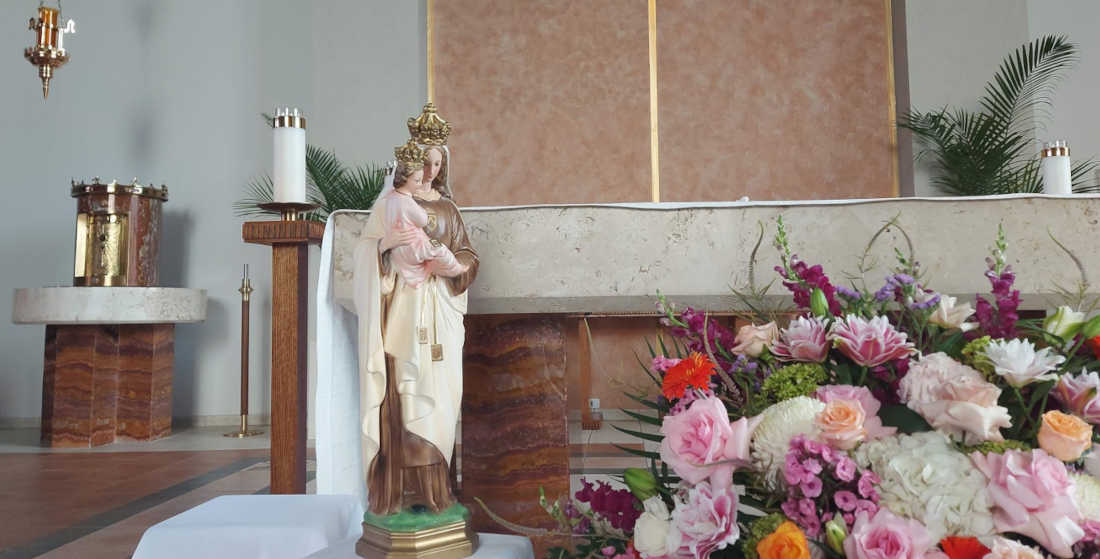
The Saving Power of the Word of God
All three readings from today’s liturgy were written when the faith communities were passing through difficult times in their lives. The first reading strongly emphasizes that ‘The Word’ of God will not return to God empty. The second reading reminds us that the suffering in the world has a value and it brings in new life. And finally, the Gospel narrates the saving power of ‘The Word’ of God. In all three readings it is the listener or the believer who must cooperate and work with the Divine Word.
Today’s first reading was written during the mid-exilic time. Yahweh’s people were in the Babylonian desert losing their hope on the promises made to them by God through the Holy People and therefore, losing their Faith. At this time, the Prophet Isaiah consoles the people and reiterates the promise made in the past about their return to Israel and to their freedom. He tells them, just like the rain or snow which waters the earth and causes all types of vegetation to thrive, ‘The Word’ of God fulfills its purpose. After 70 years of waiting, something unexpected happened, the first group of Hebrews were permitted to go back to their homeland.
When Paul was writing his epistle from a Roman prison, many people were interpreting their persecution and suffering under the Roman authorities as a great disaster. Early Christians were losing hope. To explain the value of suffering, Paul uses the imagery of a woman who is about to give birth. The groans of that woman are not the groans of death, but of life. Her suffering and pain will turn into joy with the coming of new life. It is through the cooperation of all the believers that we can transform creation, which is waiting to be transformed.
The parable of the Sower and the seed is the story of Jesus Christ, the incarnate ‘Word’ of God. The ‘Word’, like the seed, was put into the world by God’s Will. He was an insignificant person in His society. He worked as a carpenter, was despised by the authorities and considered a fool by family members. It seemed that His preaching and teaching would die with His death on the Cross. Many rejected His teaching; some were simply curious but only a few accepted His teachings whole heartedly. Just like the seed in the parable, the Divine Word was destined to fulfill His purpose. Though Jesus’ life was short and not that popular, as years passed His message was rooted in many different hearts and yielded a great harvest. It continues to bear fruit – some thirty-fold, others: sixty-fold and some others: a hundred-fold.
“The word of God is alive and active. Sharper than any double-edged sword…” (Heb 4:12)
–Fr. Ranjan D’Sa OCD

